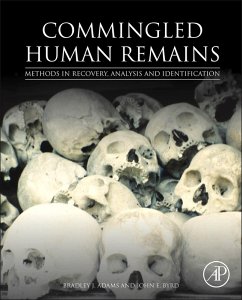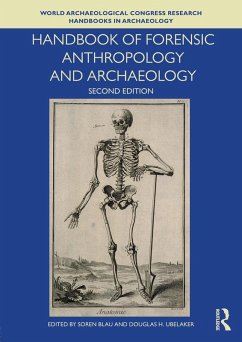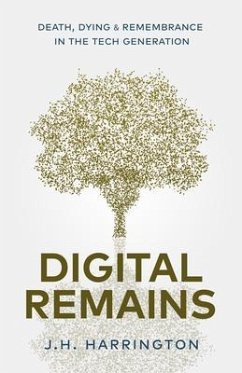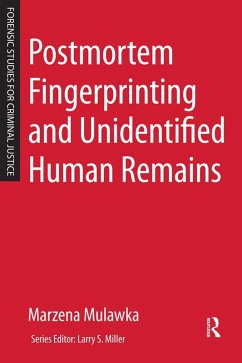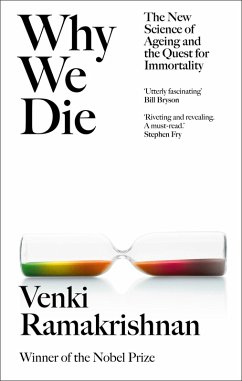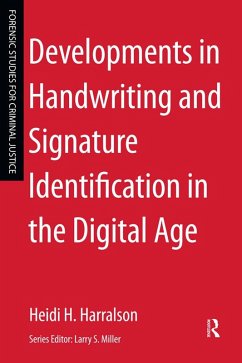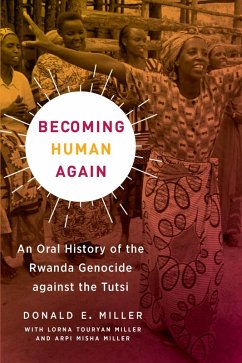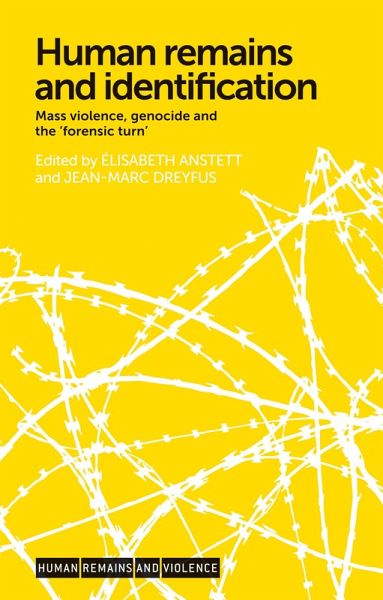
Human remains and identification (eBook, ePUB)
Mass violence, genocide, and the 'forensic turn'
Redaktion: Anstett, Élisabeth; Dreyfus, Jean-Marc
Versandkostenfrei!
Sofort per Download lieferbar
0,00 €
inkl. MwSt.
Weitere Ausgaben:

PAYBACK Punkte
0 °P sammeln!
A pioneering investigation into the practices and methodologies used in the search for and exhumation of dead bodies resulting from mass violence.
Dieser Download kann aus rechtlichen Gründen nur mit Rechnungsadresse in A, D ausgeliefert werden.




